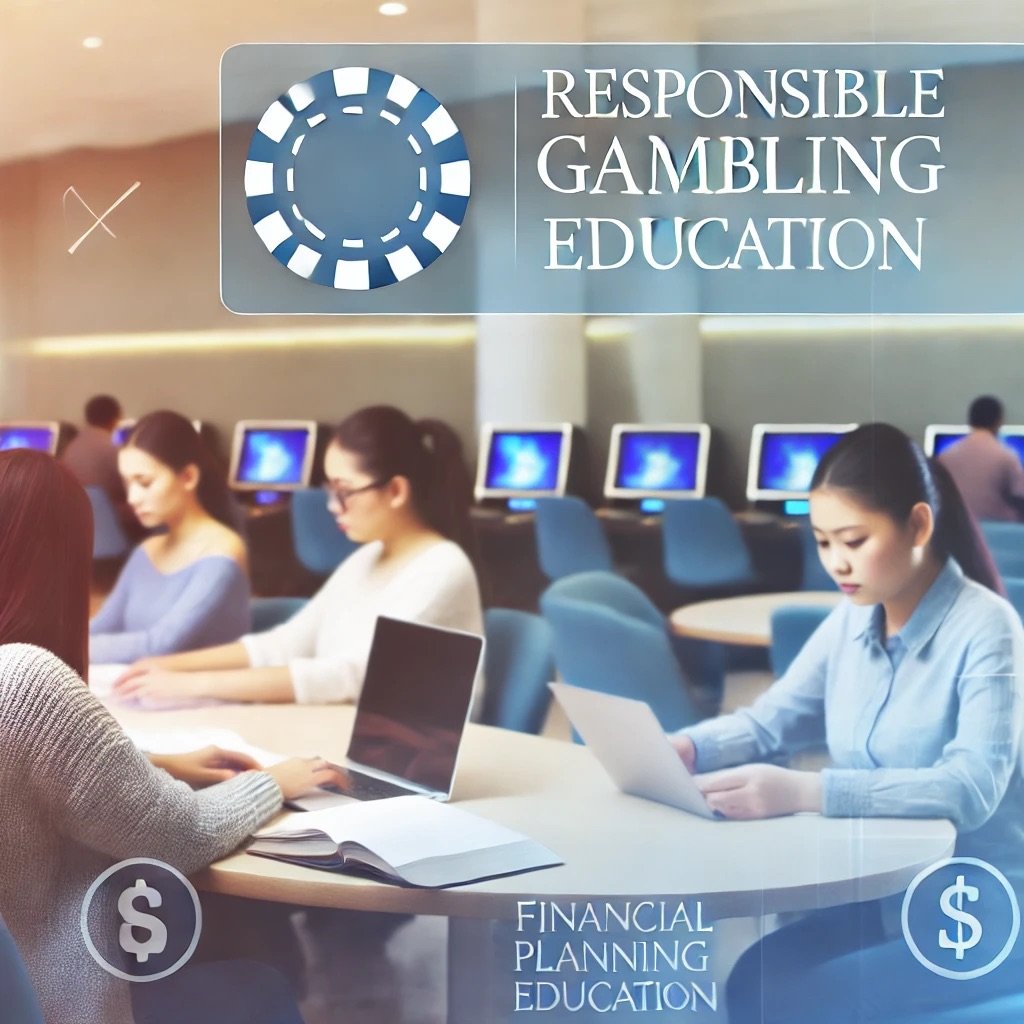
As the online gaming industry continues to expand, a critical focus has emerged: promoting responsible gambling, especially among young adults. The Responsible Online Gaming Association (ROGA) has stepped up to address this issue by announcing the development of a comprehensive national college responsible gambling (RG) education campaign. Set to launch in early 2025, this campaign is a pioneering effort that aims to educate university students on the risks and responsibilities of gaming.
ROGA’s collaboration with EPIC Global Solutions, Kindbridge Behavioral Health, and the Responsible Gambling Council (RGC) ensures that the program is built on evidence-based practices. More than just a traditional awareness campaign, this initiative focuses on equipping college students with the knowledge to make informed decisions. For young adults who may be experiencing financial independence for the first time, this education is crucial.
One of the program’s unique features is its integration of financial literacy, recognizing the direct link between good financial habits and responsible gaming. Students will learn essential skills such as budgeting, saving, and understanding the risks associated with debt—tools that are valuable whether or not they engage in gambling. By teaching students to view gaming as a form of entertainment rather than a way to make money, ROGA helps to set realistic expectations, preventing the pitfalls of gambling addiction before they start.
In addition to financial literacy, ROGA’s program will demystify common gambling myths. College students, especially those involved in sports betting, often believe in an illusion of control—thinking they can predict outcomes or beat the odds. The campaign will dismantle these misconceptions by explaining the true nature of odds, probability, and randomness, empowering students to approach gaming with a more rational mindset.
Perhaps the most compelling aspect of the program is its effort to humanize and destigmatize the issue of problem gambling. Personal stories from individuals affected by gambling-related harm will be featured, providing real-world context to the dangers of unchecked gaming. These narratives make the issue relatable, and their inclusion is a significant step in helping students understand the broader implications of problem gambling.








